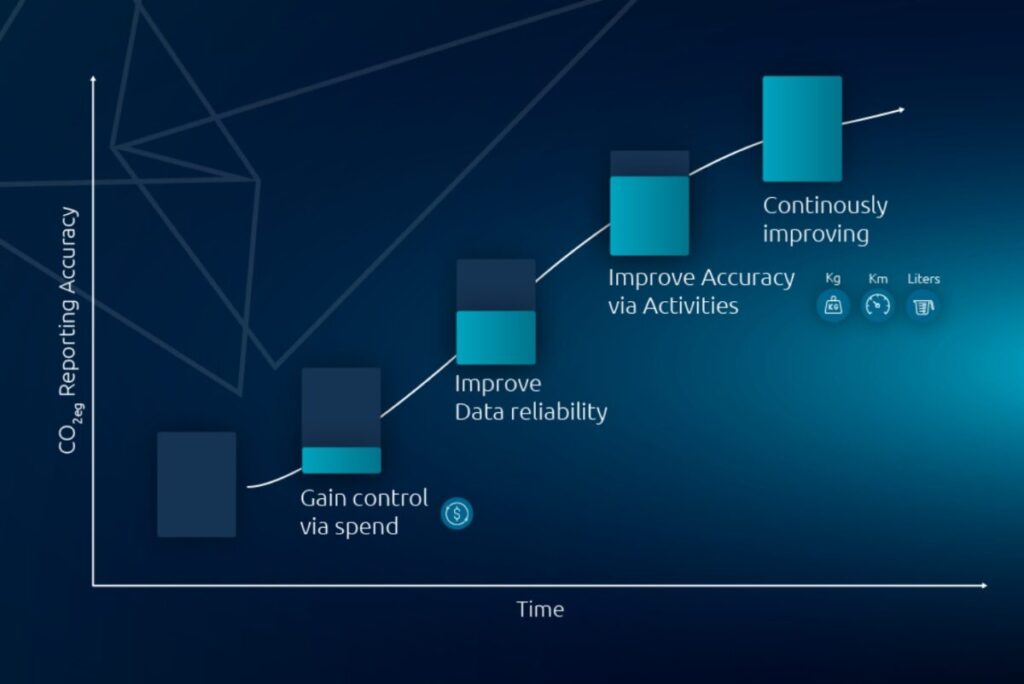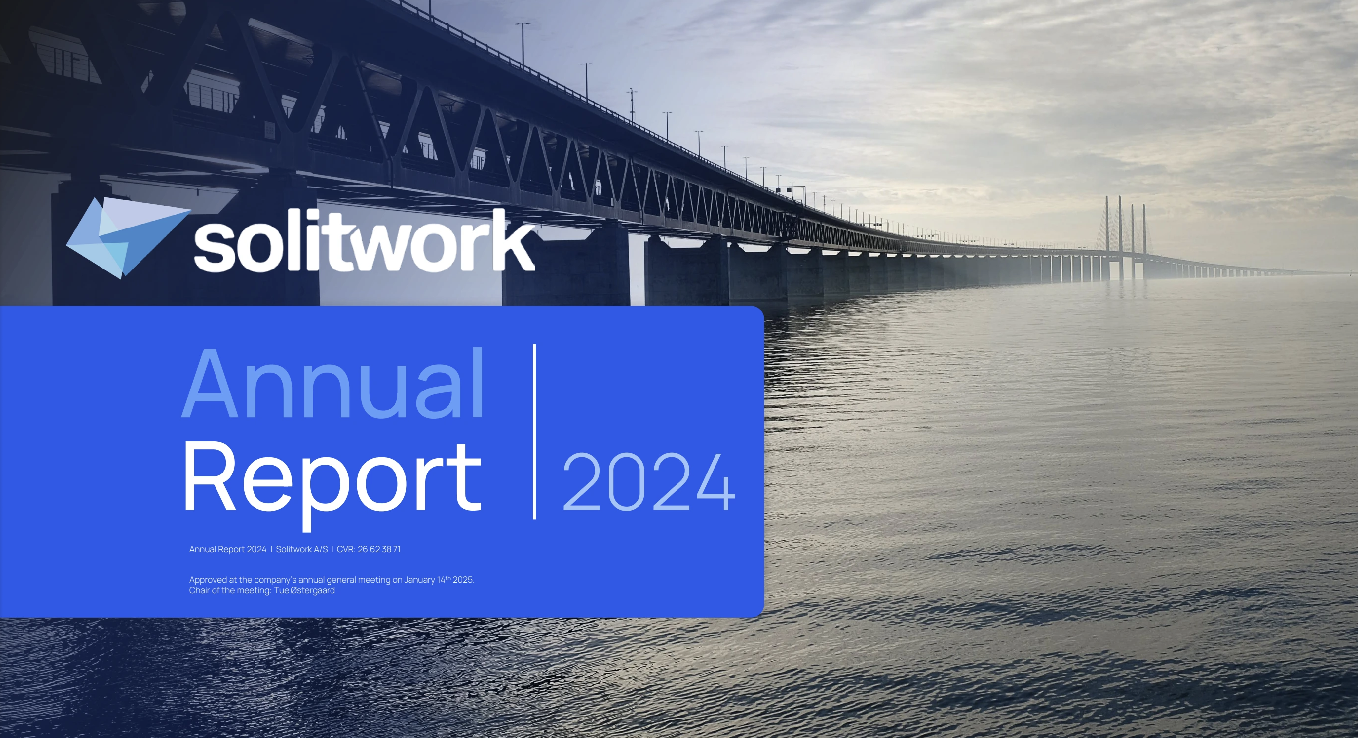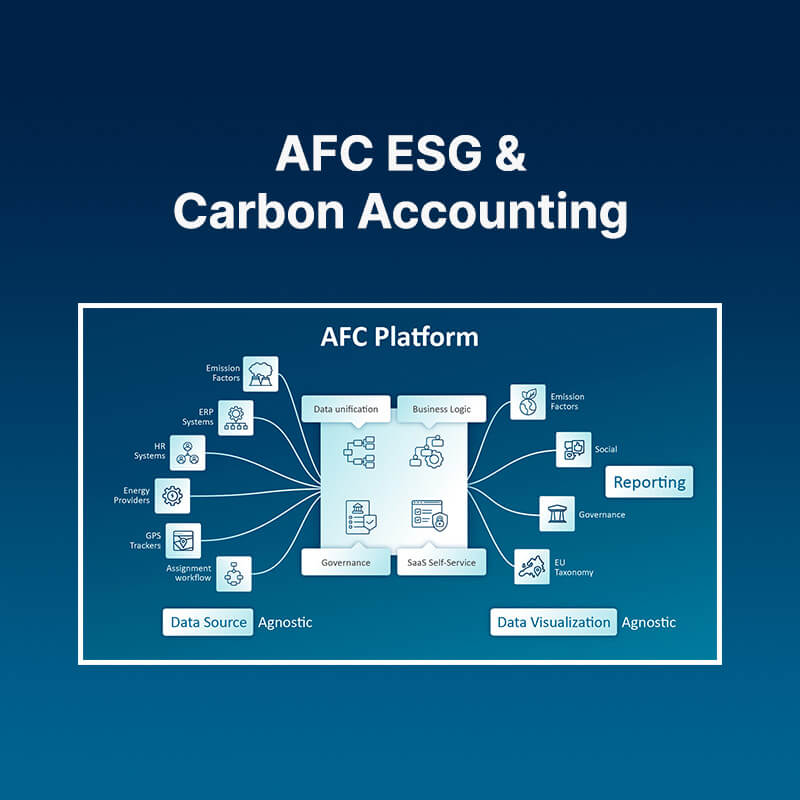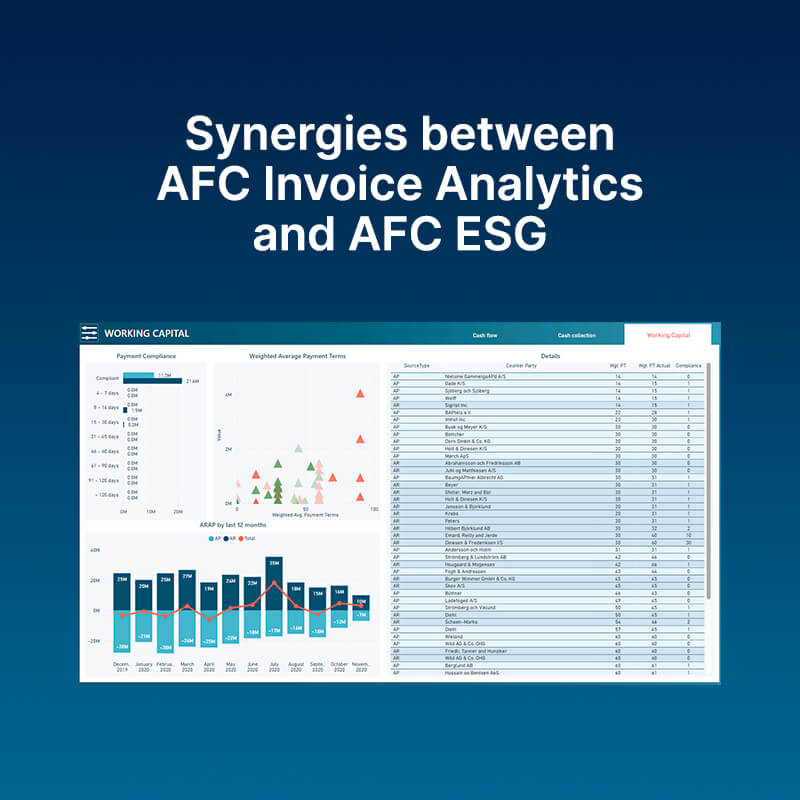Background
The reporting requirements according to the Corporate Sustainability Reporting Directive (CSRD) consists of 12 European Sustainability Reporting Standards
(ESRS). Those standards are either sector-agnostic or sector/company-specific and cover among others disclosure requirements related to environment, social and governance matters (ESG).
The EU covers the six so-called environmental objectives within the ESRS standards; Climate Mitigation, Climate Adaption, Water, Circular Economy, Pollution Prevention and Biodiversity.
The environmental objectives are the interlink between CSRD/ESRS and the EU Taxonomy.
The CSRD will take effect as from:
- January 1, 2024 (reporting 2025 – listed companies with more than 500 employees)
- January 1, 2025 (reporting 2026 – companies in reporting class Large C and D)
- January 1, 2026 (reporting 2027 – listed SMEs)






